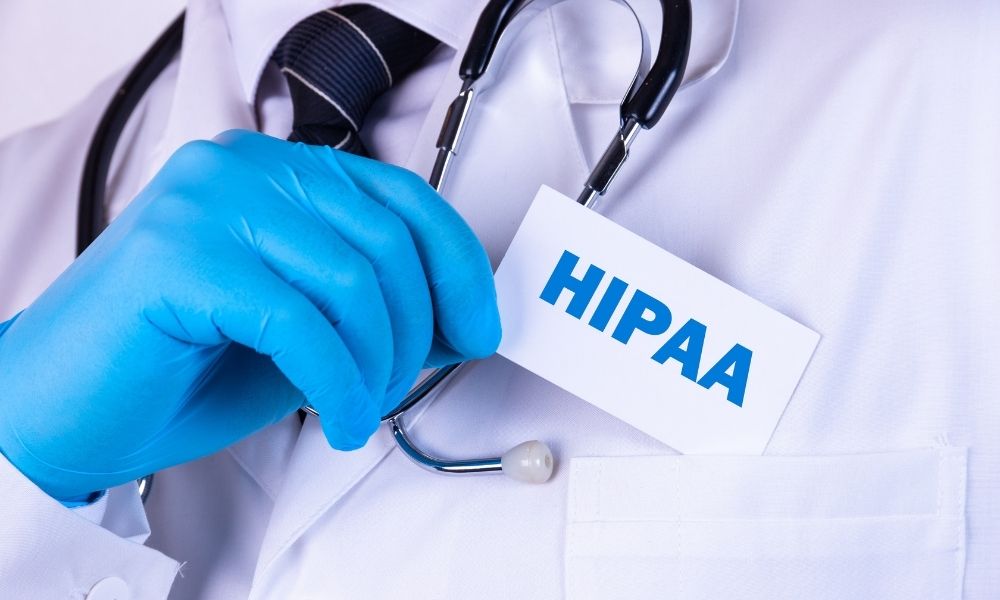HIPAA compliance is essential for healthcare professionals. The law is designed to provide individuals with greater privacy and security while giving patients more control. It is crucial that you make sure any new system you use is fully compliant with HIPAA’s requirements. Technology is evolving at an incredible pace.

HIPAA compliance can be a tangled process particularly for companies which are still trying wrap their heads around what HIPAA is and what it means for their business. HIPAA compliance is essential for both health care providers as well as those working in the insurance sector. To ensure compliance, it is essential to study the rules and make sure that the procedures are implemented. While it can be difficult, following the law is vital. Compliance will ensure improved data privacy protection and services, as well as avoiding potential penalty. Businesses can comprehend HIPAA and take the appropriate steps to ensure they comply with its requirements.
Although HIPAA’s rules might seem restrictive, the emphasis placed on security and privacy is intended to protect information. To stop any inappropriate or unlawful disclosure of patient’s private information more protections are needed as the healthcare industry has moved to electronic media such as Electronic Medical Records (EMR). Although guidelines have been established however, it is essential to ensure that all individuals adhere to these regulations. HIPAA is monitoring these aspects to ensure people to remain safe and secure.
HIPAA is an important security feature for medical field and for the patients whose data are stored. It allows both covered entities and business associates (BAs), the freedom to decide if they wish to utilize an addressable execution specification. The decision can be made based on several elements, including the risk assessment, mitigation strategies, and the existing security measures. It is also contingent on the cost of implementation. CEs and BAS can consider alternative measures or opt not to implement the measure fully if they can depending on their specific circumstances. HIPAA is a call to them to make informed decisions regarding data protection and security, thereby establishing an equilibrium between technological safeguards and user control over sensitive data.
HIPAA compliance provides important benefits for many companies. By adhering to regulations set forth in the Health Insurance Portability and Accountability Act (HIPAA) businesses can secure the health information of their clients, customers or patients by making sure that the information is kept private and secure. Compliance assures that the medical information of patients is not used for their personal benefit or for the benefit of their health care providers. HIPAA compliance allows individuals to make informed decisions about how their private health data is used and managed, giving them confidence that other entities are not able to access or manipulate the data without authorization. HIPAA compliance helps businesses avoid reputational risk by preventing legal or financial consequences resulting from the misuse of patient data. HIPAA compliance helps to ensure that patients receive a pleasant experience, and also better protect their personal medical records.
These are just a few of the many considerations you should take into consideration when implementing HIPAA. The best way to ensure that you’re in compliance is to have a thorough comprehension of the law and seek out an expert who can help interpret it and establish the right systems and procedures in place. Although it isn’t easy to enforce compliance, it is crucial to protect the rights of your patient as well in ensuring the confidentiality of your patients.
For more information, click hitech subtitles
